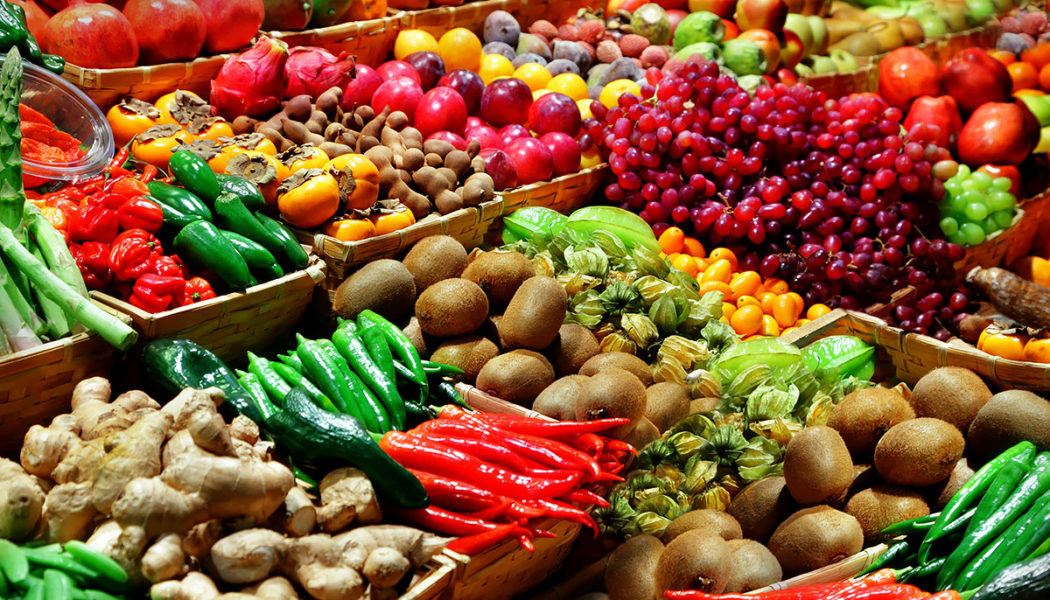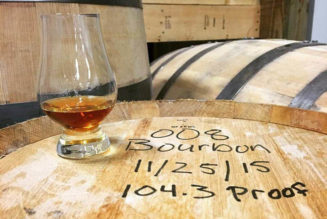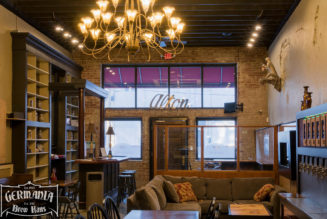Calling all “Permies” & “Slow Food” gurus!
By Jennaver Brown
I was exposed to the term “Permie” in 2015 when our eldest daughter became one. Through the passionate application of “permaculture” principles to our Belleville property, including 5 acres of soil which had been systematically destroyed over several decades with conventional farming practices, she began to build an organic farm from the ground up and committed to eating a healthier, less processed diet which she will one day be able to source completely for herself with the output of her labors. With this decision, she joined ranks with thousands of modern trailblazers committed to these practices and those of the equally exciting “Slow Food Movement”. On these almost forgotten but newly re-discovered paths, she is now walking side by side with thousands of others in the U.S. including her younger sister, a working farm to table chef in the Sonoma valley of California and “slow food “ practitioner, and her father who replaced modern medicine with a self-taught education in whole food nutrition and traditional cooking methods decades ago.
Having been so thoroughly immersed in these intertwined cultures and passionate dinner table discussions for some time now, I became inspired to find and support more local artisans and pioneers in these fields. In this way I can participate in the movement as these vanguards threaten to revolutionize the way that Americans think about food production and consumption in the 21st century. By empowering them, we are afforded more options and control over our environment, health and welfare and are thus empowered.
 So what is Permaculture? The word is a contraction of the words permanent and agriculture as contrived by Bill Mollison in the 1970’s. Practitioners are known as “permaculturists” or “permies.” The root word, permanent, refers to a sustainable farming design which operates without chemicals or extensive human facilitation, to enhance the land and its bounty over time through the harmonious production of fruits, vegetables, grains and nuts supported and integrated with thoughtful animal husbandry practices. Utilizing the concepts of permaculture, a “Permie” can inexpensively provide a complete selection of food for their family of 6 on 2 acres of land or generate high quality raw ingredients for local chefs and artisans. For a great read on the topic take a look at “Restoration Agriculture: Real-World Permaculture for Farmer” as written by Mark Shepard.
So what is Permaculture? The word is a contraction of the words permanent and agriculture as contrived by Bill Mollison in the 1970’s. Practitioners are known as “permaculturists” or “permies.” The root word, permanent, refers to a sustainable farming design which operates without chemicals or extensive human facilitation, to enhance the land and its bounty over time through the harmonious production of fruits, vegetables, grains and nuts supported and integrated with thoughtful animal husbandry practices. Utilizing the concepts of permaculture, a “Permie” can inexpensively provide a complete selection of food for their family of 6 on 2 acres of land or generate high quality raw ingredients for local chefs and artisans. For a great read on the topic take a look at “Restoration Agriculture: Real-World Permaculture for Farmer” as written by Mark Shepard.
“Slow food” is defined as food that is produced or prepared in farms, public gardens, distilleries, farm to table restaurants and food co-ops in accordance with local or foreign culinary traditions, typically using high-quality locally sourced ingredients prepared slowly to preserve or enhance nutritional value. Most passionate “farm to table” chefs that I have met would agree with this technical definition but then lean in with a gleam in their eye to remind you that the resulting food includes a powerful vitality and nutritional bounty that enhances flavor and the ability to satisfy beyond any verbal definition. To embrace the concept of “Slow Food” we must turn our agricultural and culinary eyes backwards towards ancient traditions and simpler methods of food production and preparation. If your interest is sparked, take a look at Dan Barber’s book “The Third Plate: A field guide to the future of food”.
Perhaps this generation, more than any that has gone before, is charged with the difficult and seemingly contrary task of slowing our progress and turning a now wizened gaze backwards to renew old and sometimes ancient methodologies designed to nourish humanity and work in tandem with the planet that supports us. We must believe once more in our capacity to enjoy becoming healthier and more vibrant creatures that live easily in harmony with our environment through our relationship with food production and consumption.
I offer my thanks to the folks behind Gesso Magazine who hold up art, culture and music in its many forms for celebration by a society that generally seems to place little measurable energy in their preservation. It is here that I have an opportunity to promote the products, plans and practices of local business owners within our own neighborhoods who are working to build their farms, co-ops, small businesses and restaurants. These artisans and entrepreneurs make it possible for us to get our hands on great locally produced whole foods and the delicious meals and beverages prepared with them. Within this column, I will highlight these humble food revolutionaries who are so focused on growing the perfect carrot or brewing the cleanest organic beer that they often forget to market their endeavors. With your help, I will seek out our own locals who are able to make magic in the garden without pesticides and in the kitchen without use of bottled “natural flavors”.
With our support, these “Slow Food” and ”Permaculture” pioneers will continue to multiply and perhaps save us all before we careen off the ever steepening cliff of disease and sterility in a technological blaze of agricultural and fast food efficiency. Together, you and I will identify those among us who are producing foods and libations with traditional, non-industrialized methods and those who are using these delicious and nutritious ingredients to create works of art on local plates and in local glasses. To contribute and lift up a local artisan, chef or farmer working from the ground up, please contact me at jennaver@thelivewellinitiative.com.









